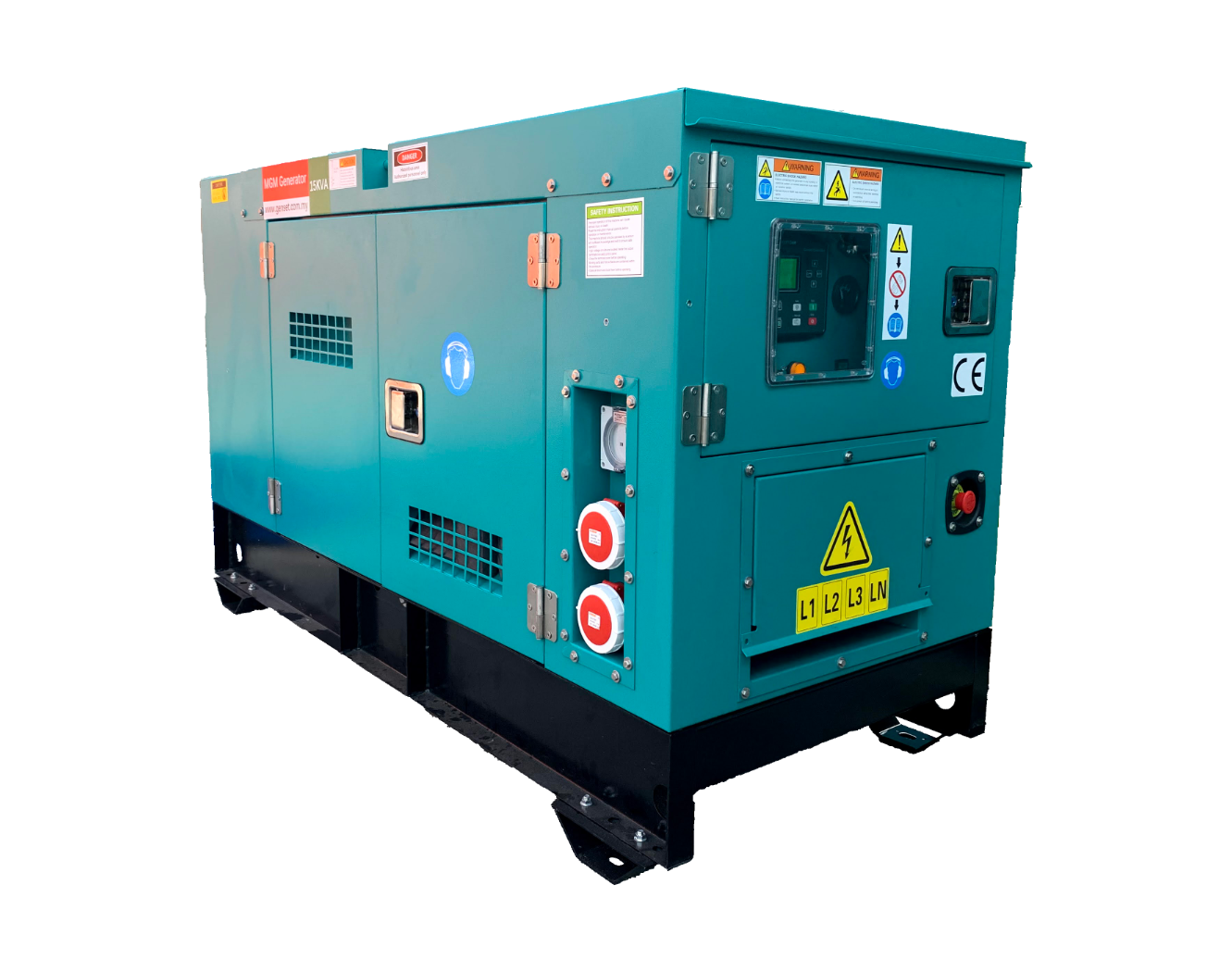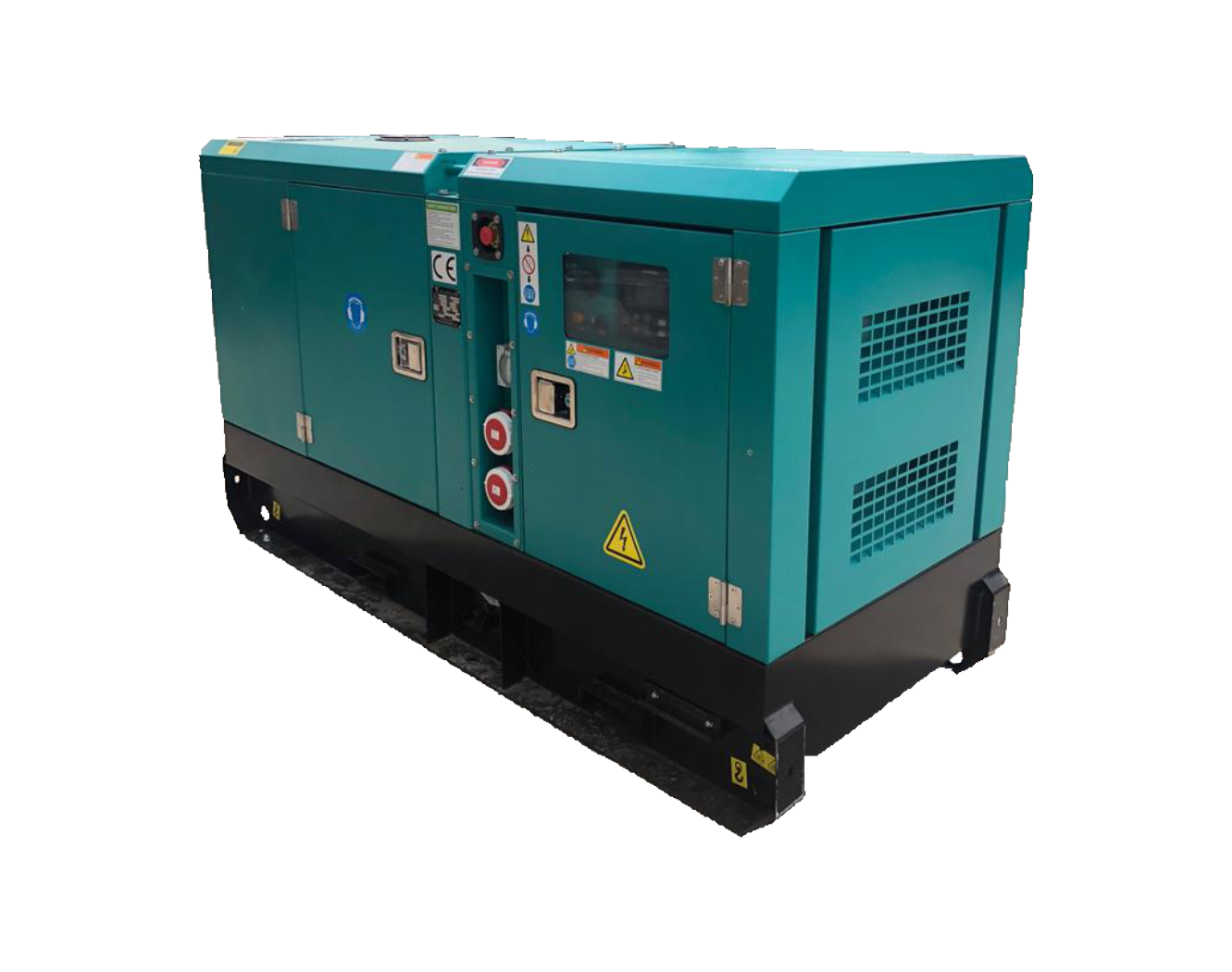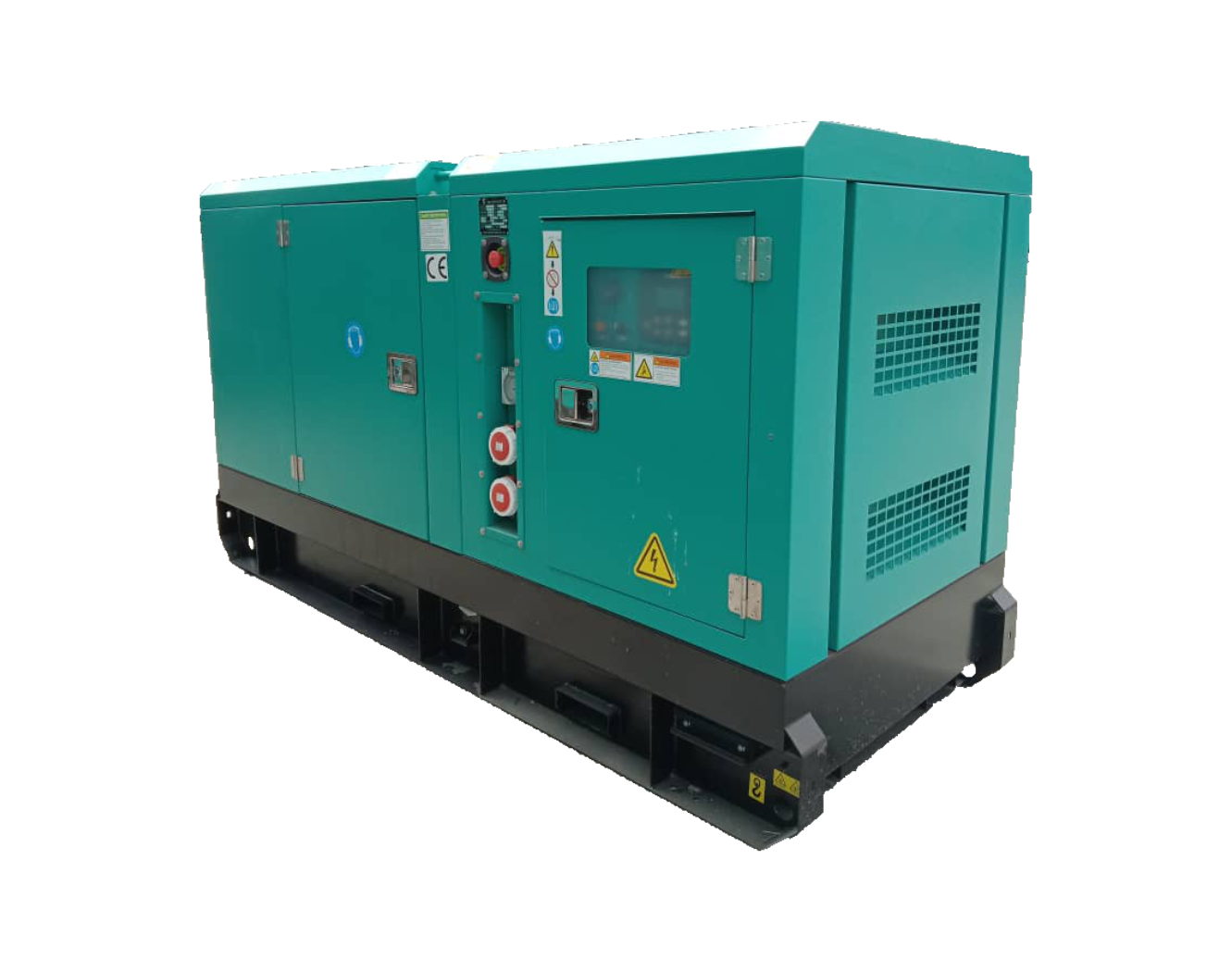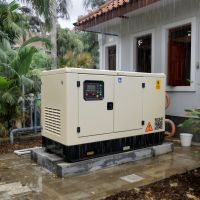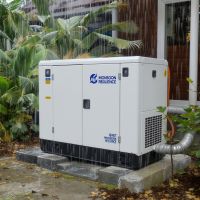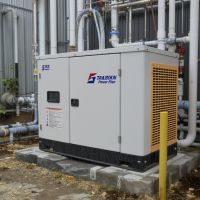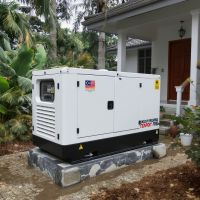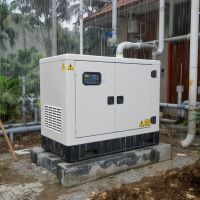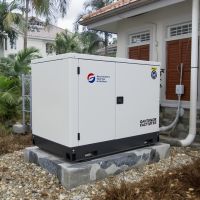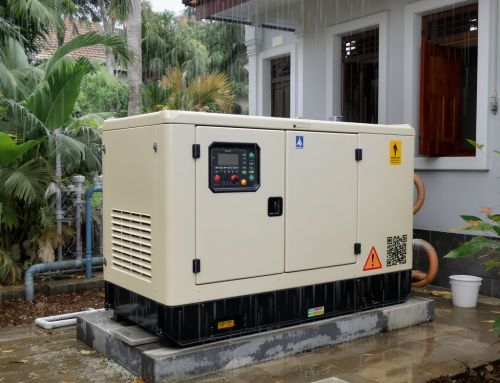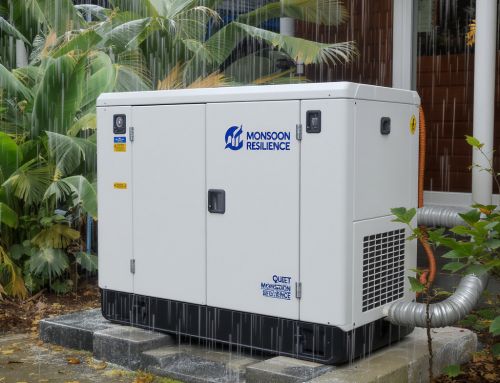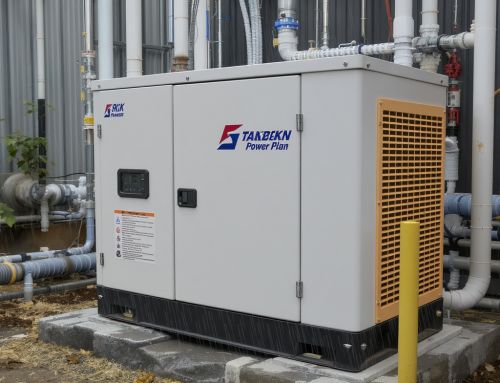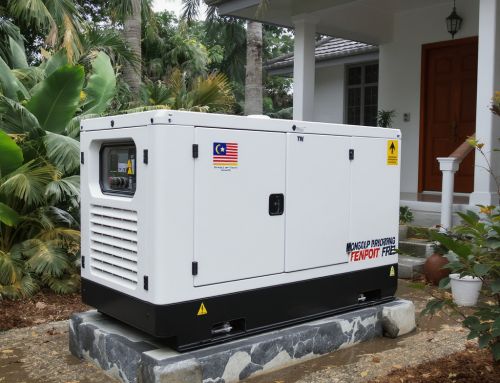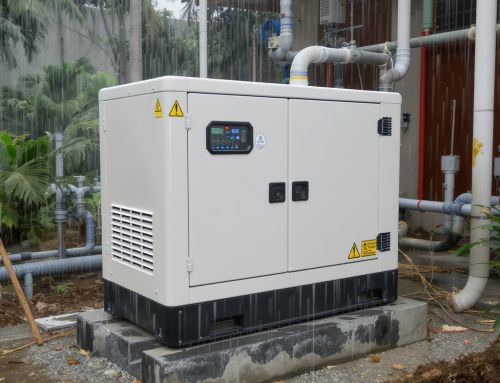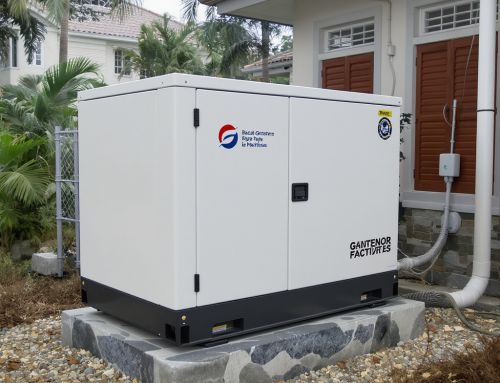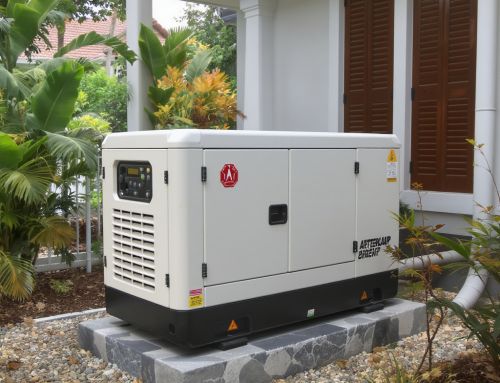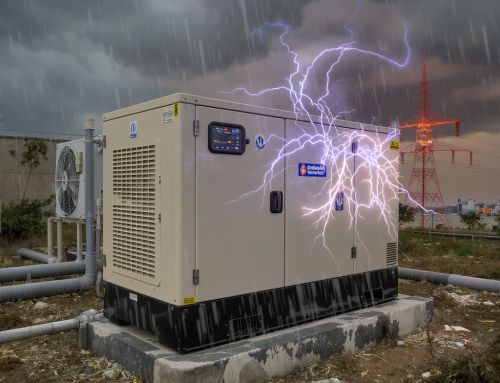The Role of Smart Generators in Modern Industry Applications
In today’s rapidly advancing technological climate, the power generation sector is undergoing significant transformations. Among the key innovations shaping this industry are smart generators. Understanding their role and application in modern industries is crucial for businesses aiming to enhance efficiency and achieve sustainability goals.
What are Smart Generators?
Smart generators are an evolution of conventional generators, embedded with advanced technologies like IoT (Internet of Things), which enables remote monitoring, automation, and control. Unlike traditional generators, smart generators offer enhanced features that improve operational performance and energy management.
The integration of real-time data analytics allows users to monitor the generator’s status, predict maintenance needs, and optimize energy consumption, all from a remote location. This connectivity revolutionizes how businesses manage power resources, ensuring seamless operations with minimal human intervention.
Technological Features of Smart Generators
The foremost feature of smart generators is their ability to connect to networks, providing real-time data to operators. This connectivity not only allows for immediate diagnostics but also facilitates predictive maintenance, aiding in reducing downtime through timely interventions. Furthermore, smart generators often come equipped with automated start/stop functions for optimizing operational efficiency.
Another significant aspect is their integration capability with renewable energy sources. By syncing with solar panels or wind turbines, smart generators can enhance and stabilize power supply, contributing to energy efficiency goals and reducing reliance on fossil fuels.
Industry Applications of Smart Generators
Smart generators are increasingly being adopted across industries such as manufacturing, healthcare, and data centers, where uninterrupted power is vital. For instance, in the healthcare sector, they ensure critical equipment operates continuously during power outages, safeguarding patient safety.
In the manufacturing sector, smart generators facilitate efficient energy use, align with Just-In-Time production methodologies, and enhance overall productivity. Data centers, which can’t afford downtime, utilize smart generators to maintain continuous service, manage load distribution, and optimize energy use.
Advantages of Smart Generators
The transition to smart generators offers myriad benefits, including cost savings through better fuel efficiency and maintenance management. Additionally, they deliver environmental benefits by reducing carbon footprints through intelligent energy management and renewable energy integration.
Furthermore, the operational efficiencies and reductions in manual intervention bring down labor costs, while the technological advancements promise a longer lifecycle for machinery, creating a compelling case for investment in smart generators.
Conclusion
Smart generators represent a pivotal advancement in the power generation landscape. Their role in enhancing industry operations cannot be overstated, and as technology progresses, their applications will continue to expand. As industries seek more resilient and sustainable solutions, smart generators will undoubtedly lead the way in powering the future.
For more information about smart generators and their potential applications in your industry, feel free to contact us via genset@genset.com.my or call us at +60129689816. Explore our range of smart generator products on our online shop.

